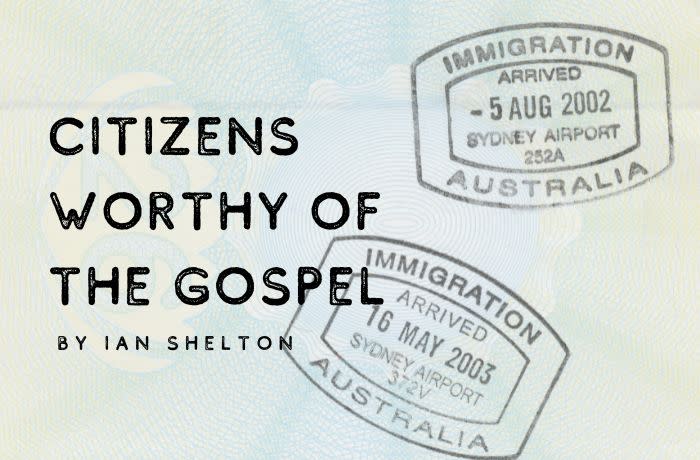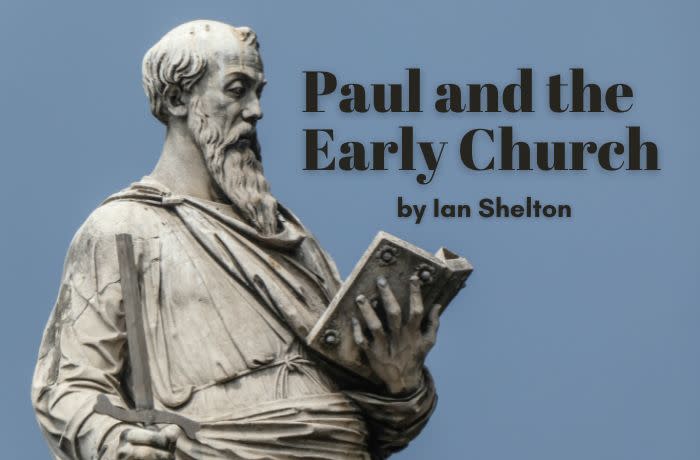Download our vision book
By now as you read these writings you will see that I lay a case for God as a city builder with humanity as His agents, building in His name and after the heavenly pattern, communities of shalom and happiness where all can flourish to His glory.
All people are called to fully reflect the image of God as individuals and communities.
However, humanity has so turned its back on God that the image of God is distorted and blurred. Broken, wounded humans attempt to live in family and community but can only exacerbate the brokenness. The result is that humanity divides into affinity groups to try and find some semblance of community and mutual support.
Many of the Bible’s letters or epistles have the name of a city as their title while most of the rest are written to individuals who worked with Paul in his missionary work to cities.
Paul was focussed. He went to the key cities of the Empire to plant a church. As he worked with those churches they in turn reached out to the surrounding towns and villages. Paul was strategic. It seems he travelled with a team or what some call an apostolic company. This included younger leaders and women.
During these travels his team experienced conflicts within, and continual persecution and challenges from without. It was no easy life but Paul had such a revelation of Jesus and His strategic purposes that the “fire of God” resident in his heart never dimmed. As I heard one preacher say, “Paul was pregnant with the purposes of God.” His endeavours were ceaseless until he had fully “birthed” the purposes God had put on his heart, and only his martyrdom in Rome brought his labours to an end.
Paul was clear. His MESSAGE was the gospel, the MEANS was the church and his MISSION focus was the cities of the Empire. He and his team had good news to share as they entered each city. The fruit of this ministry was a church plant which in turn focussed on being a faith community capable of impacting the rest of the city. Paul’s letters were his fatherly exhortations to maintain the unity as one church in the city, as a set apart, countercultural community of love, humility, inclusivity and servant heartedness that became a powerful witness to the wider world.
He often addressed his letters by stating that it was written to those “in Christ and in Colossae'' as was the case in Colossians 1:2. This is so informative and challenging to the modern western idea of how church operates in a city. Paul saw that all christians in a city were one in the community of the King (Christ the messiah) and together they were located in a city to fulfil the Father’s purposes for that city. Paul was clarifying their identity as being “in Christ” and their missional purpose by being “in Colossae.” As someone said, by addressing them like this, Paul was saying being “in Christ and in Colossae” located them with precision in the purposes of God.
Before the Second World War there was a famous church leader in China named Watchman Nee. His books and sermons are gold to this day. His books on Ephesians and Romans greatly impacted me as a young farmer just beginning my faith journey. I can still remember reading in one of his books what seemed a shocking statement to me at the time, that “any church in a city with a name other than the name of its city is a cult!” He was saying that church congregations in a city were “one in Christ” and therefore a part of the one church of the city, and not first of all “in a denomination” or a “in a network” of one leader or another.
John Stott, the famous English preacher and Christian statesman, in his commentary on Ephesians wrote strongly about the unity of the church. To him the unity and diversity of the Godhead needed to be reflected fully in the unity and diversity of the church. He wrote, “The unity of the church is as indestructible as the unity of God Himself. It is no more possible to split the church than it is possible to split the Godhead.”
Author and theologian N.T. Wright writes much about the unity and holiness of the church. He suggests that the unity of the church is the earthly symbol of the unity of the one true God. Wright further suggests that the unity of the church is the only visible evidence to the watching world that christians worship a monotheistic God. It would be impossible to imagine that God the Father, Son and Holy Spirit would have a discussion about going their own separate ways. The growing divisions with countless thousands of global denominations and ministries is the scandal of the age. What a grief this must be to God!
I hear many praying for greater evangelism, or more healings or revival to come, but hear very few crying out to God in repentance and intercession for the great sin of division within the Body of Christ. If there was greater unity we might well experience answers to these prayers.
Imagine the impact in your city if the church was one, as God is One. This is not unity for unity's sake, or a false uniformity, but a unity in diversity, each celebrating and serving the other as they collaborate to ensure the powerful gospel of Jesus permeates every area of city life.
There was a season in our city when the visible unity of the church impacted many, being spoken about even by the city political and business leaders.
The division in the Corinthian church around personality preachers led Paul to ask the question, “Has Christ been divided?” (1 Cor. 1:13a) John Stott, commenting on Paul’s statement said, “Yet the Corinthians had succeeded in dividing the indivisible.” Meditate for a time on the horror of “dividing the indivisible” by our disunity.
Is Jesus “divided” in your city?
The role of the christian leader is to constantly call people to the cross which alone creates, redeems and restores. That is the message of Ephesians 2. The lack of understanding of the ongoing work of the cross is the single biggest reason why we have such disunity. The cross alone deals with pride and selfishness and brings us in humility and unity to the feet of Jesus where we will find our brothers and sisters in Christ who are on the same journey.
Francis Chan’s book, Until Unity, is a simple but profound call to the absolute priority of the unity of the church. He talks about the beauty Christ has given His people. He also speaks of how unity is enhanced by being involved in the missional purposes of God together.
In our city, working together as the Body of Christ created wonderful excitement and expectation. It seemed for a season nearly everything in which we collaborated flourished. But as we discovered, life is a journey and we had much to learn, and still do.
By Ian Shelton Coordinator of Movement Australia



